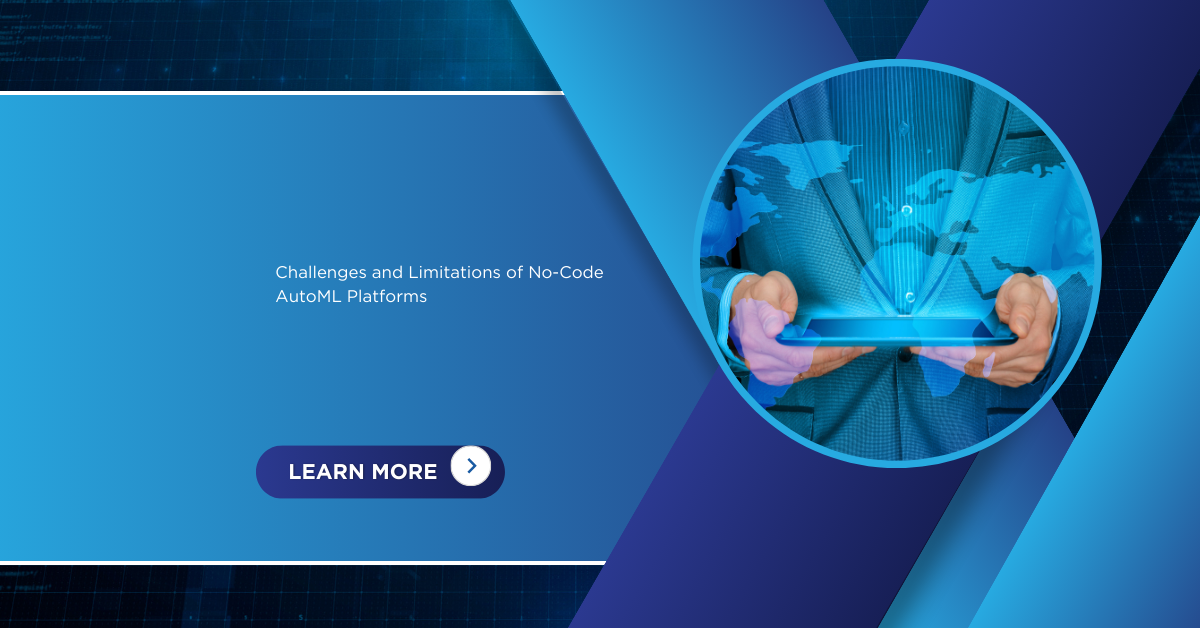In recent years, corporations have been focusing a lot on AutoML, as a way to harness the power of machine learning without needing deep knowledge of data science.
No-Code AutoML systems have become a viable alternative, enabling users to build machine learning models with little to no coding experience.
These platforms have many advantages, but they also have drawbacks and restrictions of their own.
1. Limited Customization
No-Code AutoML platforms are designed for simplicity and accessibility, which means that they often provide limited options for model customization.
Although users can typically choose from established algorithms and hyperparameters, they might not have the freedom to adjust the models to suit their own requirements.
2. Data Quality and Preprocessing
Any machine learning project is based on data, and the model’s performance depends heavily on the quality of the data.Users might still need to clean and prepare data outside of the platform, which can be a time-consuming and error-prone process.
3. Interpretability and Explainability
No-Code AutoML platforms often lack the tools for model interpretability, making it challenging to understand why a model makes a particular prediction. This can be a significant drawback, particularly when dealing with compliance or ethical concerns.
4. Limited Algorithm Selection
No-Code AutoML platforms typically offer a selection of popular algorithms. While this is sufficient for many use cases,it may not cover sophisticated or specialized algorithms. These platforms may be limited for data scientists who need to stay up to date with the newest developments in machine learning.
5. Lack of Collaboration Features
In data science and machine learning projects, where several team members must collaborate on model construction, teamwork is essential. No-Code AutoML platforms may lack robust collaboration features, hindering the efficient sharing of work and collaboration among team members.
In conclusion, No-Code AutoML platforms are undoubtedly a valuable resource for democratizing machine learning.
They make it possible for people and businesses to use AI without requiring a deep understanding of coding. But it’s important to recognize their drawbacks and difficulties as well, which could include limited customization, problems with data quality, interpretability, poor collaboration, and the possible stifling of skill development.
It’s critical to be aware of these restrictions and utilize these platforms sparingly, understanding when they may or might not be the greatest fit for a certain project, in order to reap the advantages of No-Code AutoML.


